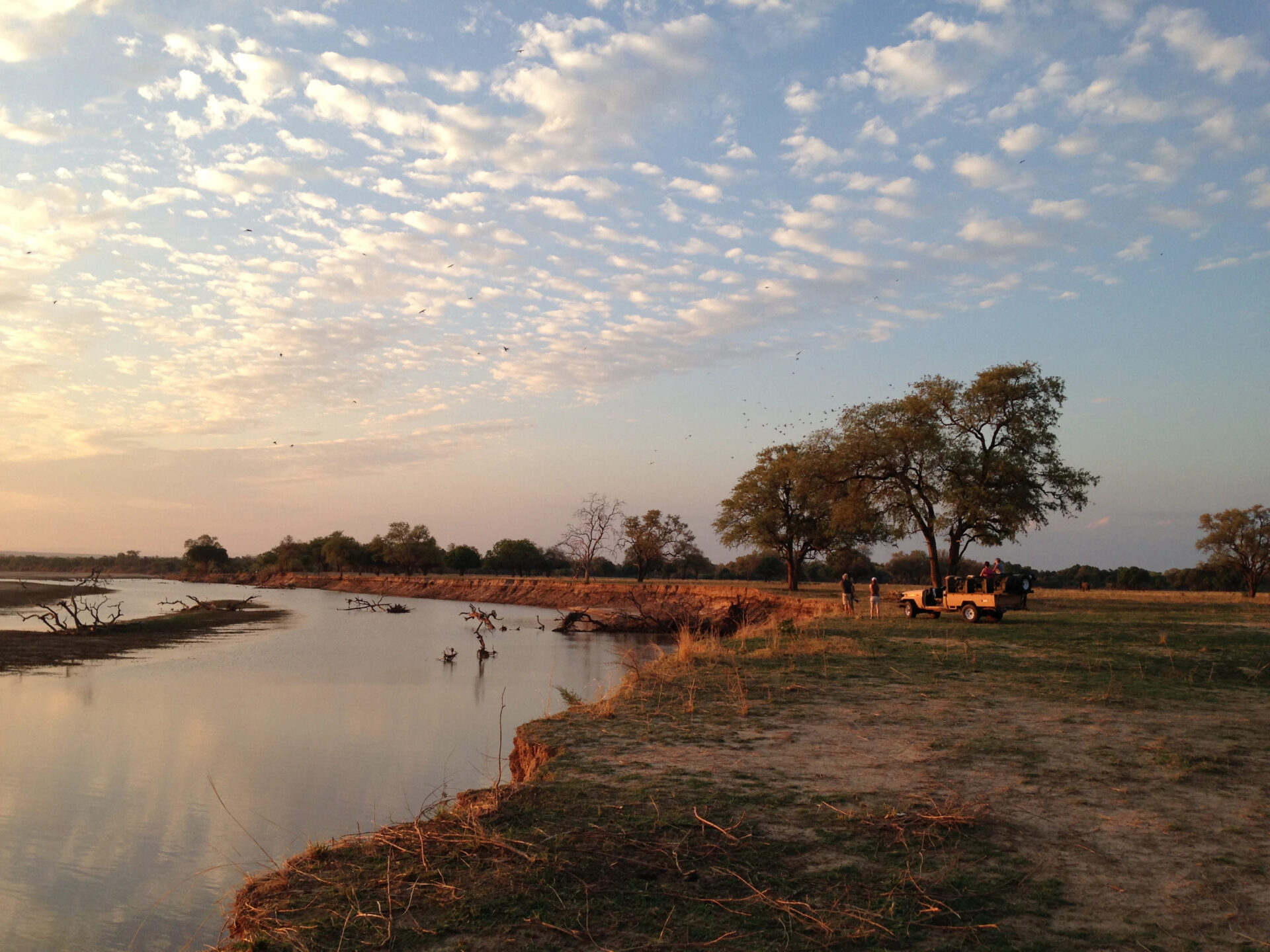Why we love Zambia
Wilderness in the truest sense. The kind you feel paddling down the Zambezi as elephants gather at the water’s edge, or lying awake beneath huge, star-filled skies while leopards move quietly through the grass. Zambia is safari at its most elemental – raw, remote and full of life. Here, walking safaris trace the paths of wildlife, river camps glow at sunset and nature feels close enough to touch. This guide shares everything you need to know before you go.
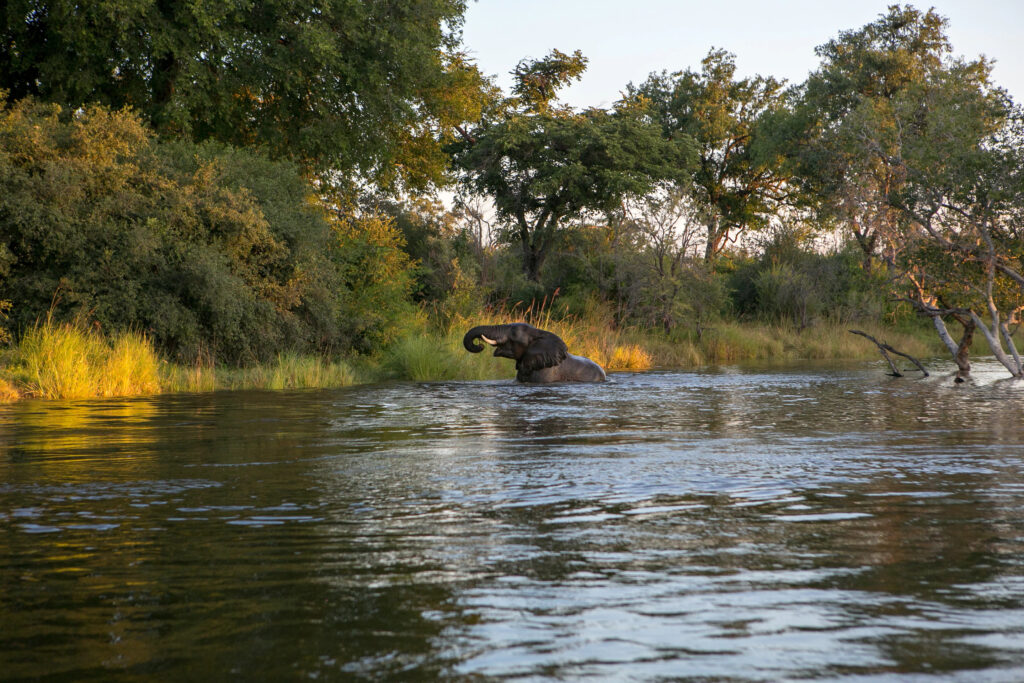
Entry requirements
British passport holders do not need a visa to enter Zambia for tourism. Your passport must be valid for at least six months from your date of entry and have a minimum of two blank pages. Please ensure your passport is in good condition, as damaged passports may be refused at immigration.
Please check your local travel advice if you’re travelling from a different territory, and get in touch with our Operations team if you have any questions.
Health and safety
We are not certified to give medical advice, but we recommend you consult your doctor about your vaccination history and discuss any further vaccinations you may need for your trip. We recommend this website for travel vaccination information and advice on bringing medication into the country.
It’s worth noting that Yellow Fever Vaccinations are mandatory when coming from a country at risk of transmission. The above link will provide you with more information.
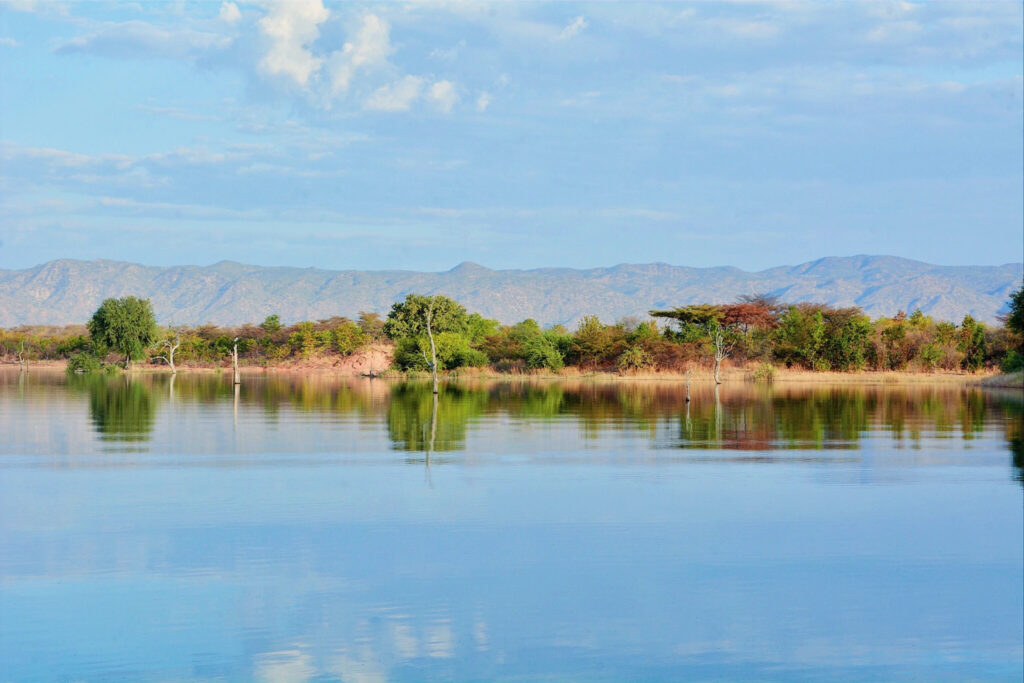
Getting around
Roads are few and far between in Zambia, so most travel between camps and regions is done by light aircraft. These scenic flights are part of the adventure and often include short stops at remote airstrips along the way.
We’ll arrange all your transfers for you — simply share your international flight details and we’ll take care of the rest. If you’re taking internal flights, check-in will be handled locally by our partners, and your tickets will be uploaded to the Vamoos app before you travel.
Baggage and packing
Across Sub-Saharan Africa, baggage allowances vary between airlines. See below for Zambia’s allowances:
Airline: Wilderness Air
Type: Light aircraft
Weight allowance: 20kg (soft-sided) – total weight including hand luggage
Dimensions: 25cm x 30cm x 62cm
Airline: Proflight
Type: Scheduled aircraft
Weight allowance: 23kg hold (soft-sided) & 5kg hand luggage
Dimensions: Total dimensions not to exceed 157cm
We strongly recommend that you carry overnight essentials and any medication in your hand luggage, particularly if connecting to an onward destination, in the event of lost luggage or delays.
Most lodges and camps offer laundry services with a 24-hour turnaround, though it’s worth noting that almost all do not wash women’s underwear for cultural reasons.
Please see our What to Pack on Safari blog for our top packing tips for your safari adventure.
Climate
Zambia has a tropical climate with distinct wet and dry seasons.
November to March: Hot and humid, with the majority of annual rainfall – great for birding.
April to October: Dry, warm days and cool nights. The best season for game viewing as animals gather around water sources.
May to August: Early mornings and evenings can be very chilly, so pack warm layers for game drives.
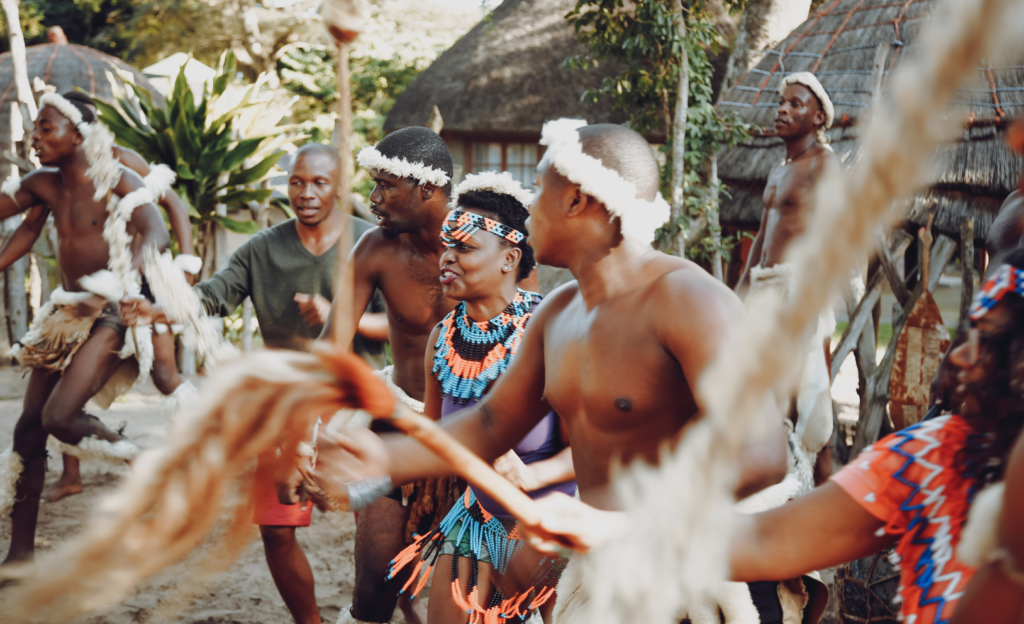
Laws and customs
Here are our top tips for adhering to Zambia’s laws and customs, but please look here for the government guidelines and further details:
– You should always carry some form of identification with you – a photocopy of your passport is sufficient.
– Avoid photographing government buildings, military installations, or officials. Always ask before photographing local people.
– Dress modestly when visiting rural communities, towns or markets.
Money matters
The currency is Zambian Kwacha (ZMW). Kwacha is not available outside the country, so we recommend travelling with dollars in cash. Small denominations are useful for tips and local purchases. US dollar notes printed before 2009 or in poor condition are not accepted, so check before travelling.
Credit cards (Visa and Mastercard) are accepted in most hotels and lodges, though smaller camps may only take cash. Expect a small surcharge (around 5%) for card payments.
Tipping
Tipping practices vary around the world, so it’s always best to check on arrival what the preferred process is. The below serves as a simple guideline to help you plan. Amounts are listed in dollars, which are widely accepted and work well as a benchmark, though local currency may sometimes be preferred.
Safari in Africa
Safari guide: $20 per traveller per day (give directly at the end of your stay).
Tracker: $5–10 per traveller per day (give directly at the end of your stay).
Lodge staff: $20 per traveller per day (usually placed in a communal tip box).
General Travel
Restaurants: Around 10% of the bill.
Activities: $20 per traveller for a half day, $40 per traveller for a full day.
Transfers: $10–20 per transfer depending on the length of the journey.
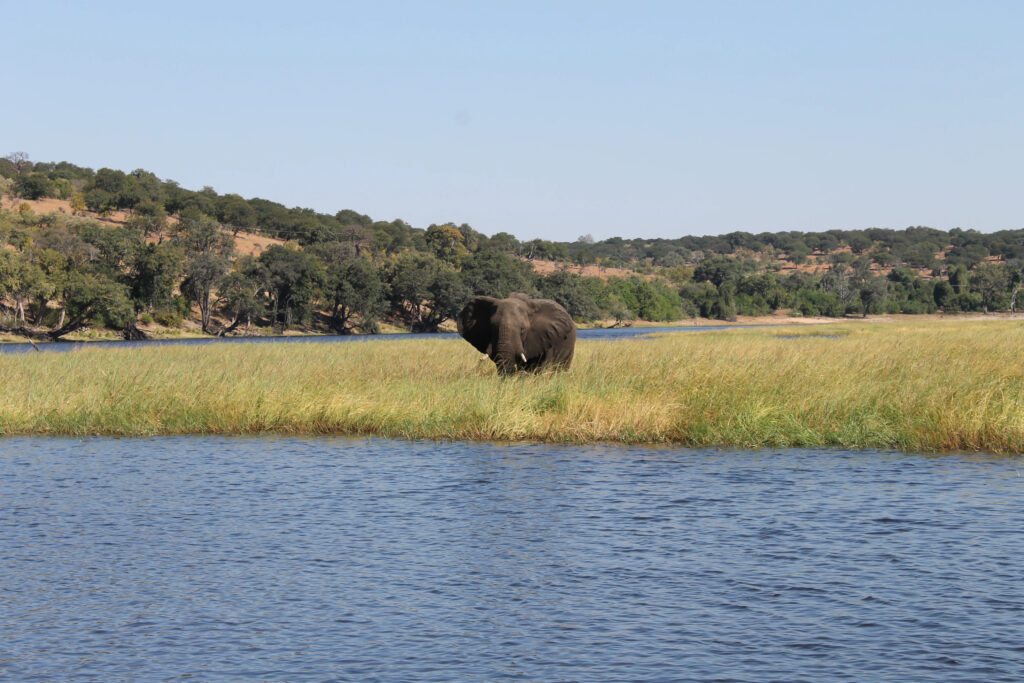
Practicalities
Plug type: Zambia uses plug types C (two round pins, common across Europe), D (three round pins in a triangular pattern) and G (three rectangular pins in a triangular pattern, same as the UK) – we recommend bringing a universal adapter.
Flights and time zone: Zambia is GMT +2 and does not observe daylight saving time. Flights from London take approximately nine and a half hours direct, and many routes include a short stopover in Johannesburg.
Language: English is the official language and is widely spoken throughout the country, especially in tourist areas. Several local languages, such as Bemba, Nyanja and Lozi, are also commonly heard. Learning a few words in the local tongue is always appreciated:
Hello – Muli shani
Thank you – Zikomo
Please – Chonde
Yes / No – Ee / Ayi
Goodbye – Shalapo bwino
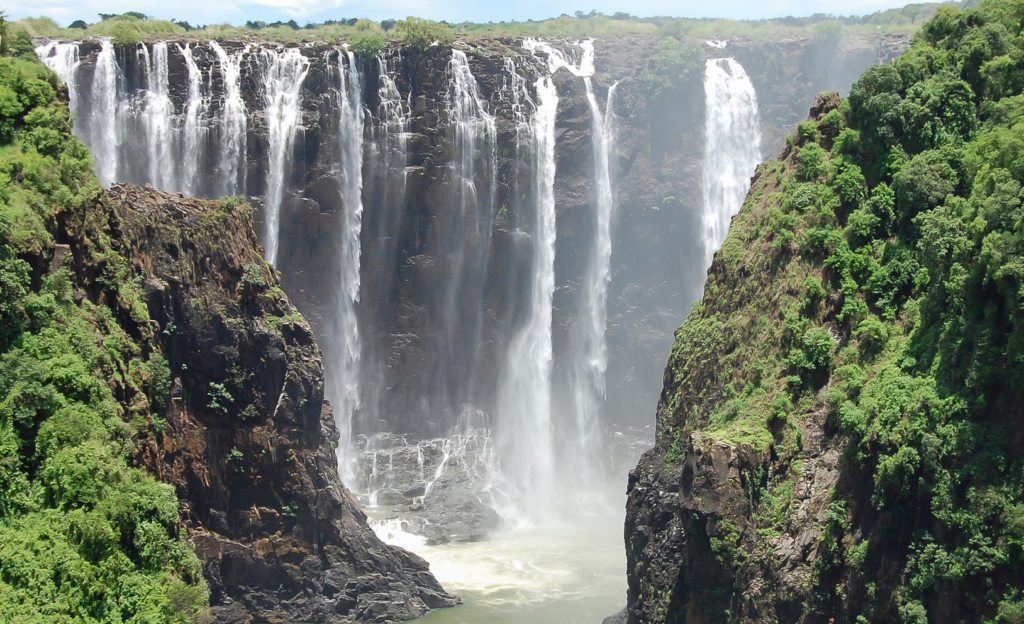
Food and drink
Zambia’s cuisine is simple and hearty, with lodges and camps in offering an elevated take on this traditional fare, combining fresh produce with international flavours. Pair your meal with a locally brewed Mosi Lager. Here are some classic dishes to try during your stay:
Nshima: Zambia’s national dish, made from ground maize flour and served with relishes of vegetables, beans or meat. It’s eaten with the hands, a symbol of communal dining and hospitality.
Ifisashi: A creamy, flavourful stew of green leafy vegetables cooked in ground peanuts – a vegetarian favourite full of earthy flavour.
Tilapia and Bream: Freshly caught fish from Zambia’s lakes and rivers, often grilled over open flames and served with spicy tomato sauce.
Nyama choma: Chargrilled meat, usually beef or goat, seasoned with local spices and served at open-air barbecue stands known as “braais”.
Vitumbuwa: Small, sweet fried dough balls – a popular snack sold by roadside vendors.
Keep connected
Most travellers pick up a local SIM card on arrival at Lusaka or Livingstone airports – Airtel and MTN are the best networks. Alternatively, e-SIMs such as Airalo are a convenient option to arrange before travel.
